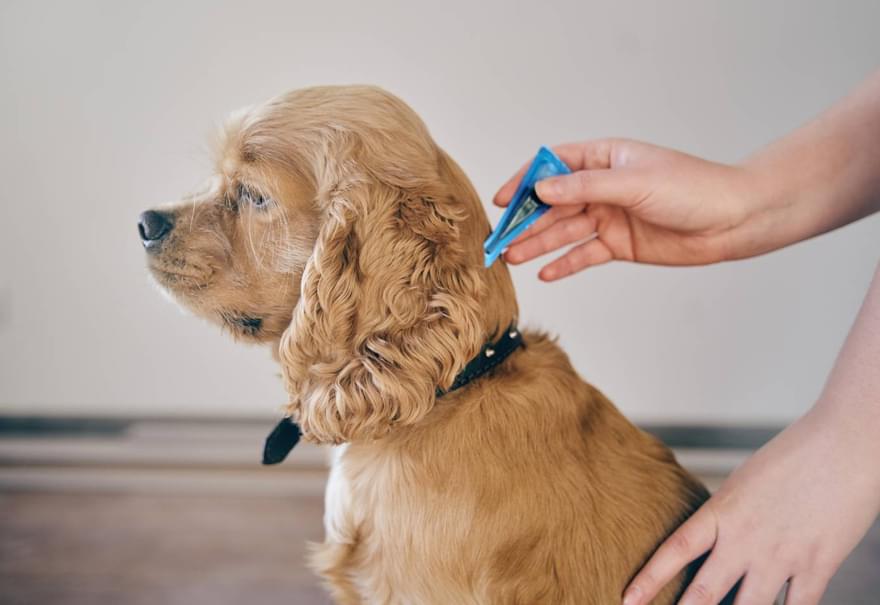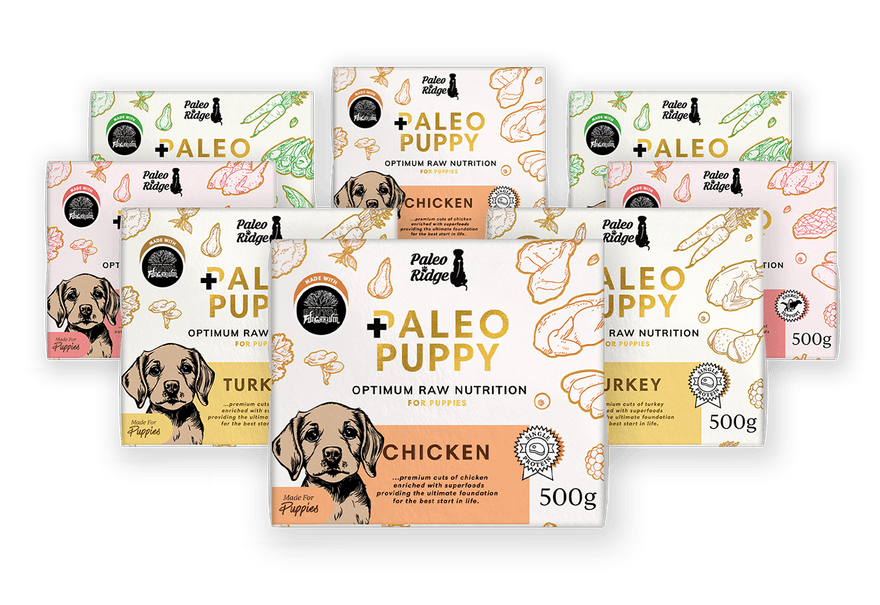The pancreas is a small organ in a dog's body, located near the stomach and intestines. Its main job is to help with digestion and regulate blood sugar levels. It does this by producing enzymes that help break down food so the body can absorb all the good stuff like nutrients.
Additionally, the pancreas makes hormones like insulin, which helps control the amount of sugar in the blood. So, the pancreas plays a big role in helping dogs digest their food properly and keeping their blood sugar levels steady.
Controlling blood sugar levels in dogs is important because it helps keep them healthy and feeling good. When blood sugar levels are too high, it can lead to problems like diabetes, where the body can't use sugar properly for energy.
On the other hand, if blood sugar levels are too low, it can cause weakness, shaking, and even fainting. By keeping blood sugar levels in the right range, dogs can have the energy they need to play, walk, and do all the things they love without feeling sick or tired. So, it's like keeping their bodies running smoothly, just like making sure a car has enough fuel to keep going!





